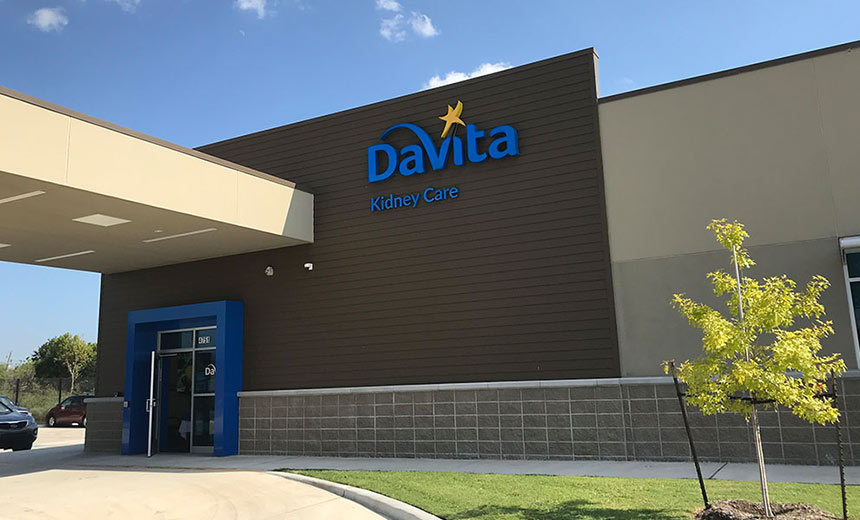3rd Party Risk Management,
Data Breach Notification,
Data Security
Company Reports Ransomware Incident to SEC Following Weekend Attack

DaVita Inc., headquartered in Denver and operating over 3,100 dialysis and kidney care facilities across the U.S. and 13 additional countries, has notified the U.S. Securities and Exchange Commission (SEC) of a ransomware attack that transpired over the weekend. This incident has led to disruptions in certain operational capabilities.
The company, recognized for its substantial role in kidney care, reported discovering the ransomware attack on Saturday. During the incident, certain elements of its IT infrastructure were encrypted. In response, DaVita activated incident response protocols and promptly isolated impacted systems to contain the threat.
To address the situation effectively, DaVita is collaborating with external cybersecurity experts to assess the extent of the breach and implement remediation efforts. Law enforcement has also been informed about the matter. While DaVita has set contingency measures to maintain patient care, the attack’s implications on operations remain significant, leading the company to state that the duration and specific effects of disruptions are currently indeterminate.
Having provided services to about 281,100 patients in 2024 and reporting nearly $12.82 billion in revenue, DaVita’s scale of operations raises valid concerns. Scott Weinberg, CEO of managed services firm Neovera, highlighted that if patient records were compromised, sensitive medical data could be vulnerable. Notably, while DaVita has not confirmed any data exfiltration, the uncertainty leaves significant risks regarding the potential exposure of sensitive information.
The regulatory landscape is another challenge that DaVita might face, given its operations across multiple countries. Erich Kron, a security awareness advocate, emphasized that the response to data breaches can vary widely based on the jurisdiction, potentially resulting in complex legal ramifications for organizations like DaVita. As such incidents unfold, organizations must possess a preparedness strategy aligned with region-specific compliance requirements.
The recent ransomware attack on DaVita is emblematic of a broader trend affecting the healthcare sector, known for being a prime target for cyber adversaries. Attackers often exploit the critical nature of healthcare operations, pressuring entities into payment to restore functionalities swiftly. The inability to access electronic records or dialysis machines can have dire consequences, particularly for patients reliant on regular treatments.
The MITRE ATT&CK framework suggests potential tactics involved in this attack could include initial access through phishing schemes or exploiting vulnerabilities. Persistence and privilege escalation may also have enabled the attackers to maintain access and control over compromised systems, intensifying the threat landscape for DaVita.
As the investigation continues, DaVita’s experience underscores the imperative for organizations to employ robust cybersecurity strategies and incident response blueprints. This incident serves as a reminder of the ongoing risks faced by entities handling sensitive personal data, particularly in the healthcare domain.